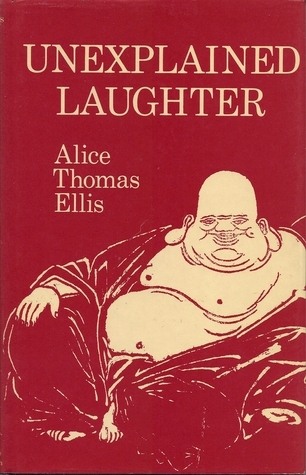What do you think?
Rate this book


155 pages, Hardcover
First published December 1, 1985
”It seemed insanely silly to Lydia that she should be standing in her own kitchen flanked by two women for whom she had no time. She thought of the people she liked, whose company she enjoyed. Not one of them could be described as ordinary. Lydia played only with court cards. Her friends were mostly interestingly self-destructive: drinking, and smoking, and embarking on disastrous relationships. Their clothes were expensive and had cigarette burns in them, their licenses had been taken away from them, their faces showed signs of what is known as the ruins of great beauty, they were always in various stage of depression; and, being the way they were, this had the effect of making them exceedingly witty with the scaffold humour that Lydia preferred. Few of them were caused by melancholy to sit staring slackly into the middle distance.